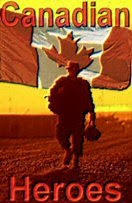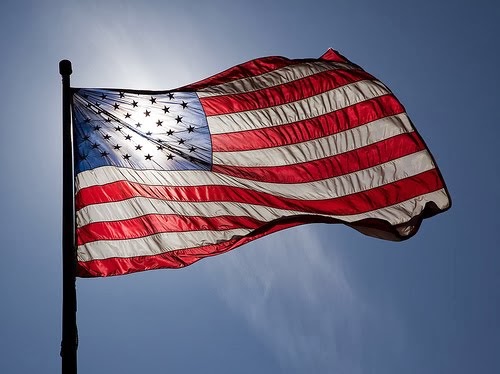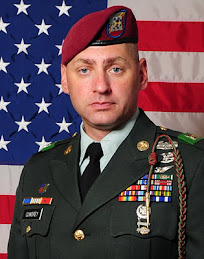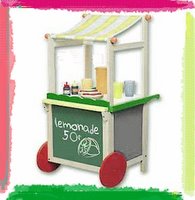From the fall of 1944 to the spring of 1945, the First Canadian Army played a major role in the liberation of the Netherlands and its people who had suffered terrible hunger and hardship under the increasingly desperate German occupiers. The warm friendship that Canada still enjoys with the Netherlands is a poignant reminder of the ultimate sacrifice made by thousands of Canadians and the enduring gratitude of the Dutch in ending the reign of tyranny in their country.

Royal Canadian Army Service Corps (R.C.A.S.C.) personnel of the 4th Canadian Armoured Division examining a captured German dummy aircraft. October 28, 1944 / Huijbergen, Netherlands.
Credit: Harold G. Aikman/Canada. Dept. of National Defence/Library and Archives Canada/PA-176879
Letter from Holland:
Leeuwarden, Holland
27th April, 1945
Dear Mrs. Crofts,
Our town was liberated by the Canadians on the 15th of this month. Your son Joe was with them, and he stayed with us for a couple of days and so we made friendship. I promised him to drop you a few lines just to tell you that your son was doing well, everything O.K.
We have had an awfully bad time, these five years. The Germans came here on the 10th of May 1940. Their army was then nicely equipped, and they had quite a number of planes on the Leeuwarden airodrome. When they went on the 14th inst., they had very little left, no planes, their cars riding on wood-gas, for they have been out of petrol since a long time already. That is the end of Hitler’s army.
But a lot of harm they have done here. In 1941 they started picking up all the Jews. All our Jewish friends disappeared and were sent to Poland, and Germany, most probably to be butchered there. I wonder what will come back of them, I am afraid not many.
In 1942 they started sending all our young fellows to Germany to work as slaves for them. Those who could escape were hidden by friends or family. Often the Germans entered the houses and searched for young men, bu then they were put under the floor, so that in most cases the Germans could not find any. When a German wire was cut, they let all men of the town do some watching so that no more wires should be cut. When a German was killed, they picked out a number of civilians, ten, twenty-five, and in one case even 400, and shot them. You will understand how glad we were when at the end it was all up with them, and when the Canadians arrived here we gave them a cheery welcome where ever they came...
This personal letter to a Canadian family gives insights into what war in Europe during WW2 was like for the citizens facing Nazism. It is part of an in-depth history of Canada's role in the liberation of Netherlands, which forged close ties that remain today.
Take the time to go search the government site here, for lots of interesting and - perhaps - little known, history.















No comments:
Post a Comment